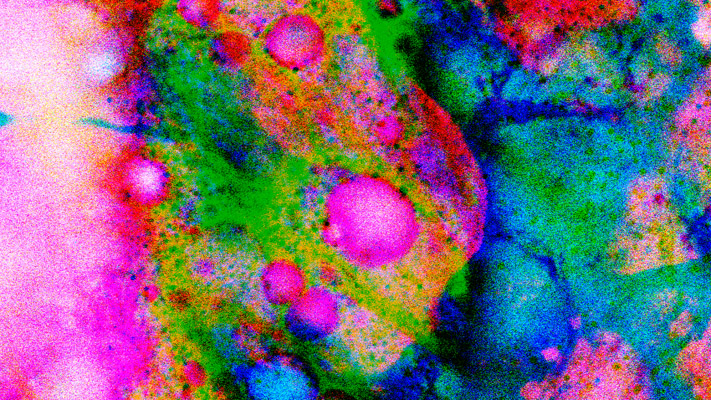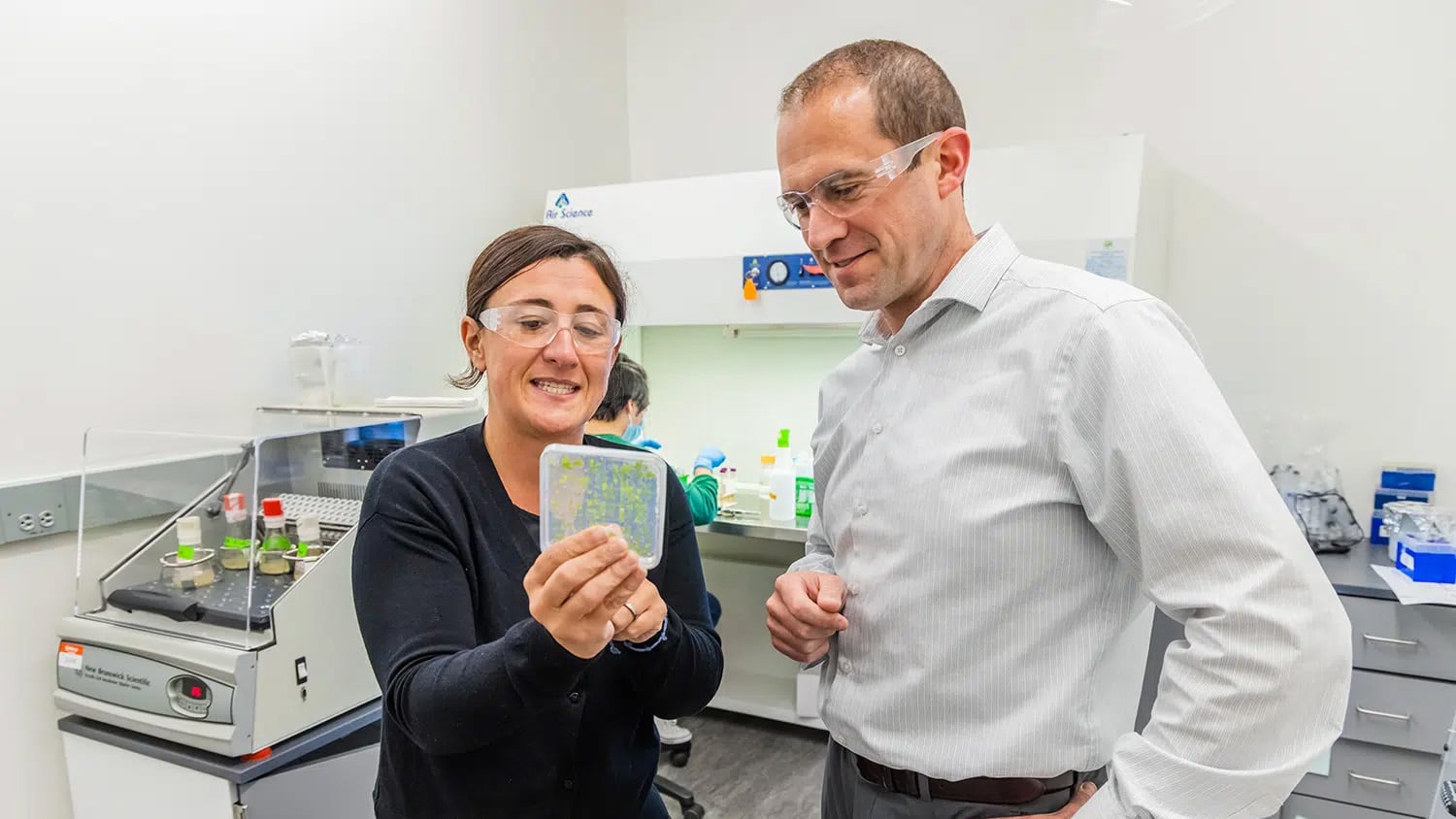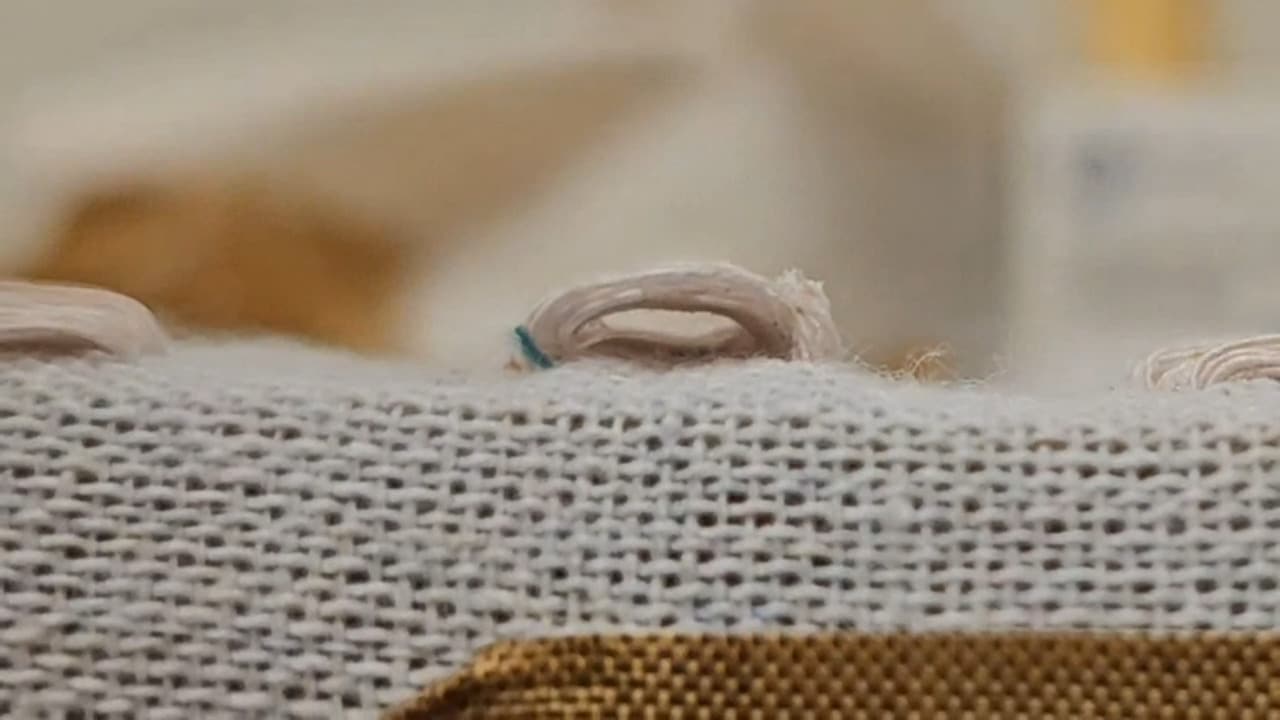MARCKS Protein May Help Protect Brain Cells From Age Damage

A common protein, when produced by specialized barrier cells in the brain, could help protect the brain from damage due to aging. This protein – MARCKS – may act as both a bouncer and a housekeeping service, by helping clear away proteins and keeping the cell barrier intact, and its absence in these cells weakens their ability to serve as a barrier and transport system for cerebrospinal fluid (CSF) in the brain.
Your brain doesn’t just sit in your skull like play-doh in its plastic case. It’s surrounded and cushioned by CSF, a clear, colorless fluid produced in the brain that circulates nutrients and chemicals taken from blood throughout the brain. CSF also removes waste products and sends them back out to the bloodstream for disposal.
Like blood, CSF only circulates through certain channels. Ependymal cells are the specialized cells that serve as both the barrier to keep the CSF running through its channels and as the transport system that moves various molecules between the brain and the CSF.
The ependymal cell’s exact functions are not well known. Troy Ghashghaei, associate professor of neurobiology at NC State, wanted to study the development of ependymal cells in the brain to better understand their function. He and his colleagues looked at ependymal cells that did not express MARCKS proteins. “We originally knocked out the MARCKS protein in ependymal cells to see if it played a role in their development, but its lack didn’t appear to affect normal development,” says Ghashghaei. “Instead, we found that the ependymal cells without MARCKS seemed to ‘age’ very quickly, losing some of their barrier and transport functions.”
One of the more interesting findings was that when MARCKS was removed, the amount of mucins (mucous molecules) and lipids (fat molecules) in the ependymal cells increased. While mucins are well known for their functions in the respiratory and gastrointestinal tracts, their presence and function in the brain were not known until this study.
The researchers found that elevated levels of mucins and lipids resulted in increased amounts of oxidative stress in ependymal cells, which in turn affected their ability to act as an effective barrier between the CSF and the brain. Surprisingly, the reduced effectiveness of the ependymal barrier led to signs of rapid aging in the rest of the brain, suggesting that these cells – and the MARCKS protein – play an important role in protecting against the effects of aging in the brain.
“It seems that MARCKS is critical for the trafficking and clearance of some proteins through these ependymal cells,” Ghashghaei says. “We found a similar increase in oxidative stress and decrease in barrier function in older ependymal cells. It may be that disrupting the normal function of these cells – either through loss of a protein like MARCKS or the aging process – may trigger the onset of certain neurological conditions or help explain the process of cognitive decline.
“That the function of a thin layer of cells that lines the ventricles in the brain may be protecting the brain against aging is a new paradigm and with interesting future implications in both our understanding of age-associated conditions in the brain, as well as how we think about new therapies against various geriatric brain conditions. ”
The researchers’ results appear in Aging Cell. The work was supported by grants from the National Institutes of Health and the American Federation for Aging Research.
- Categories:


